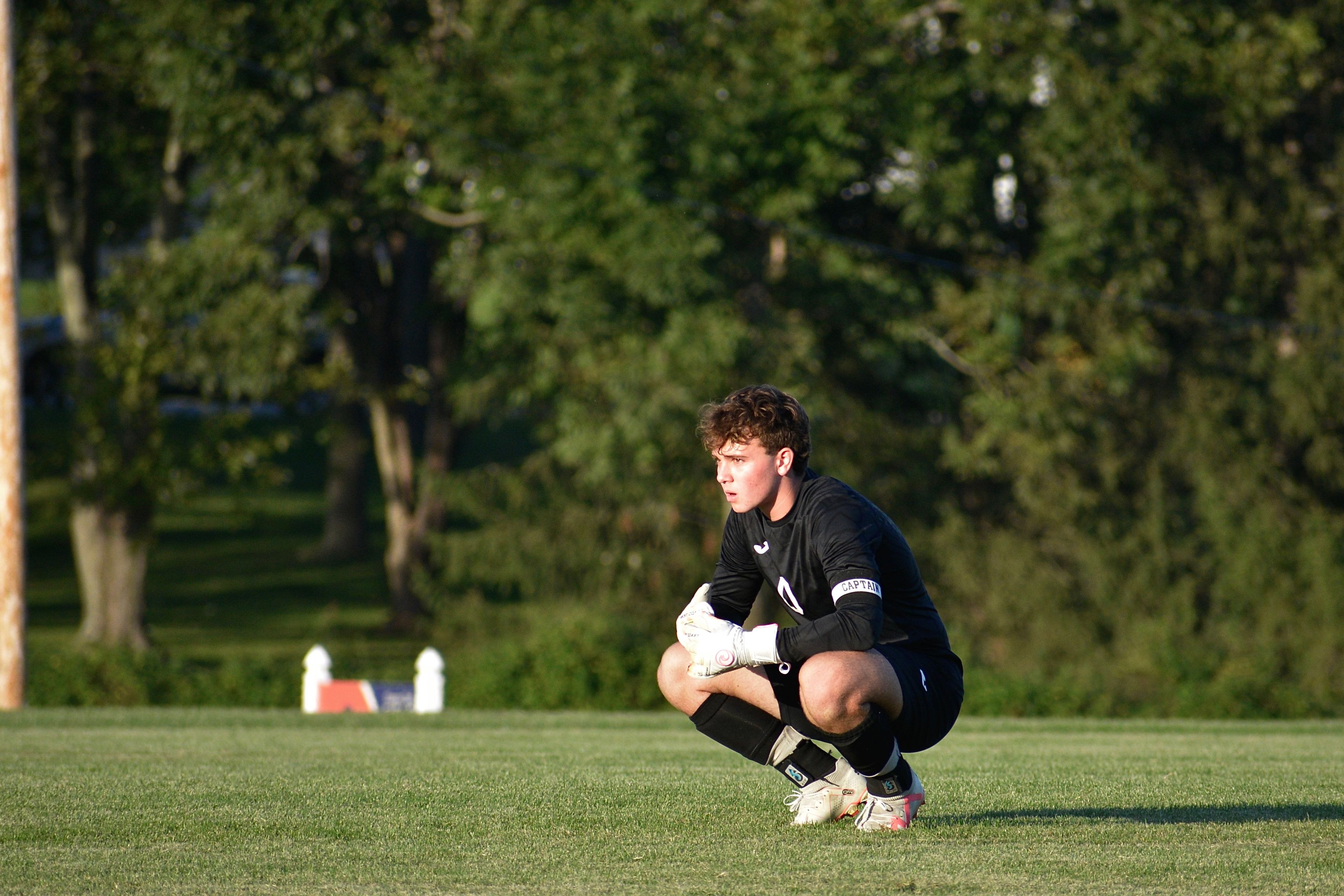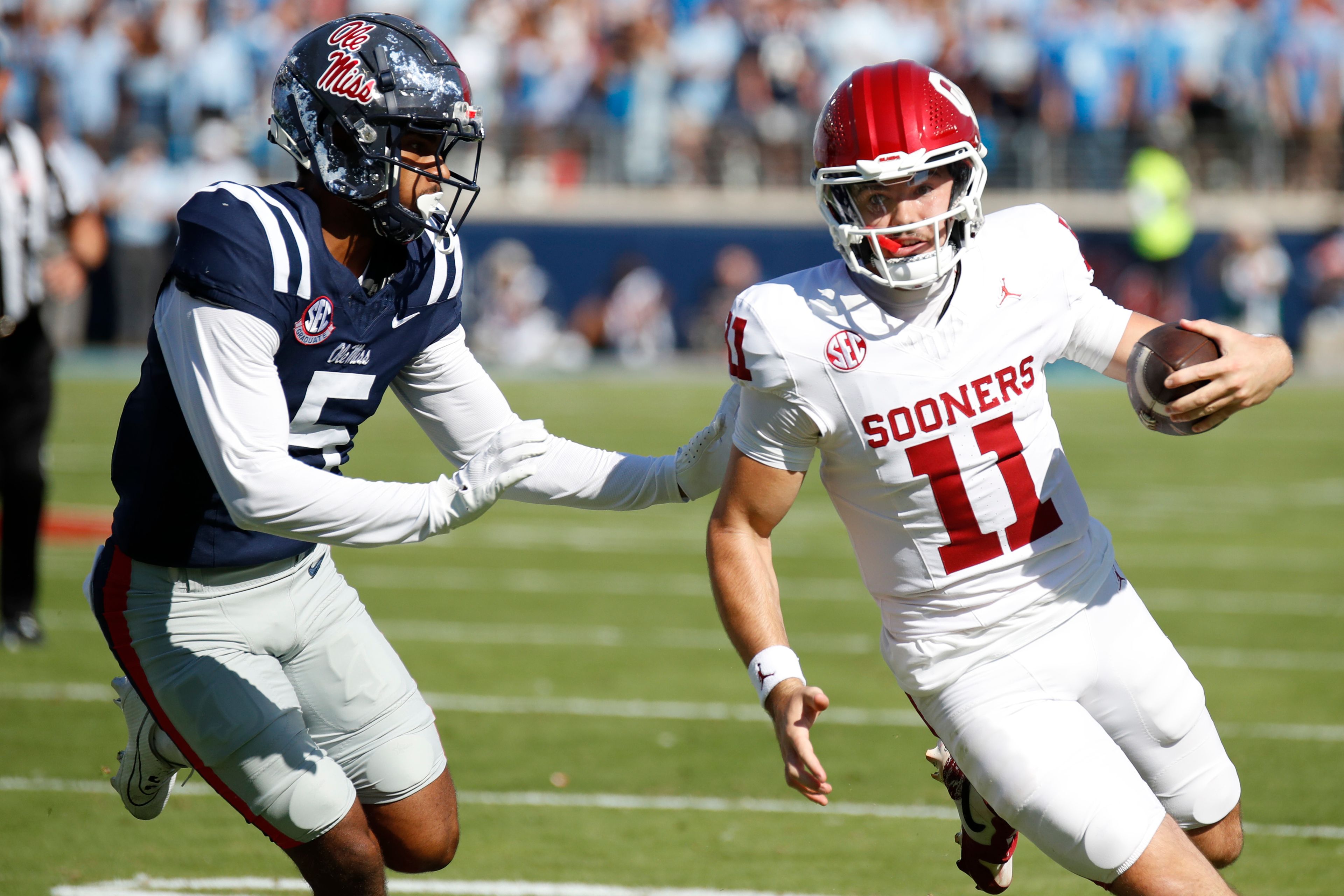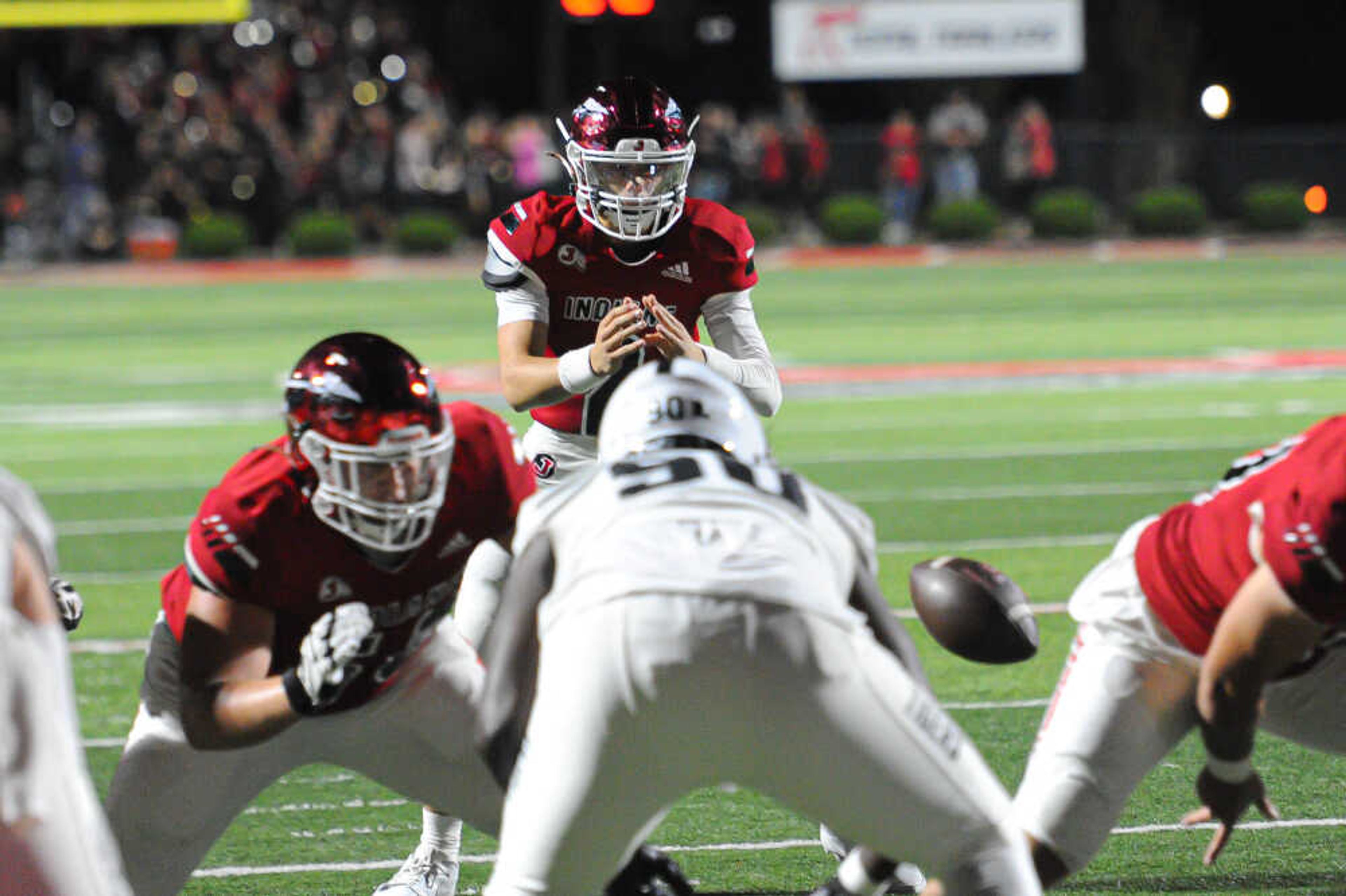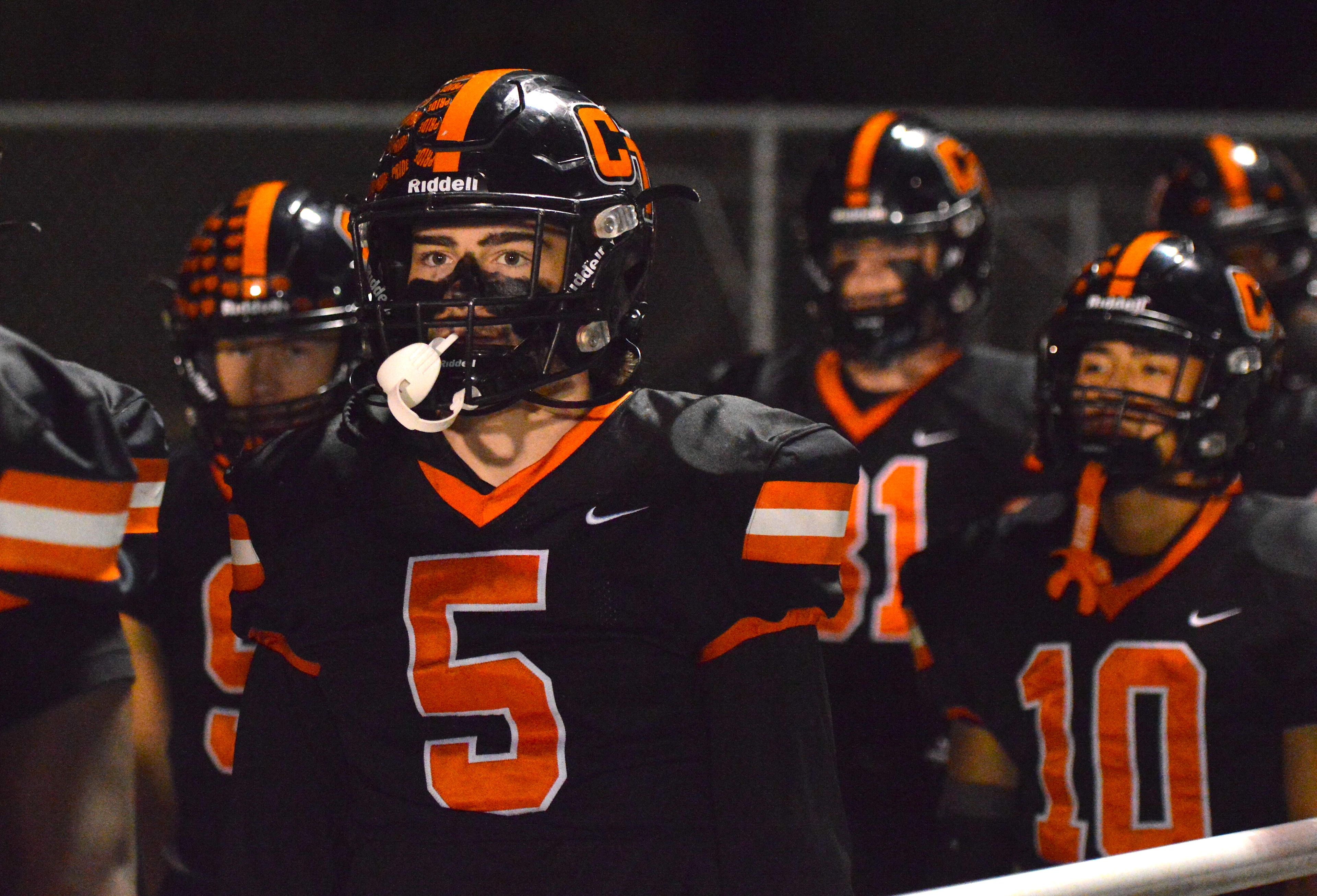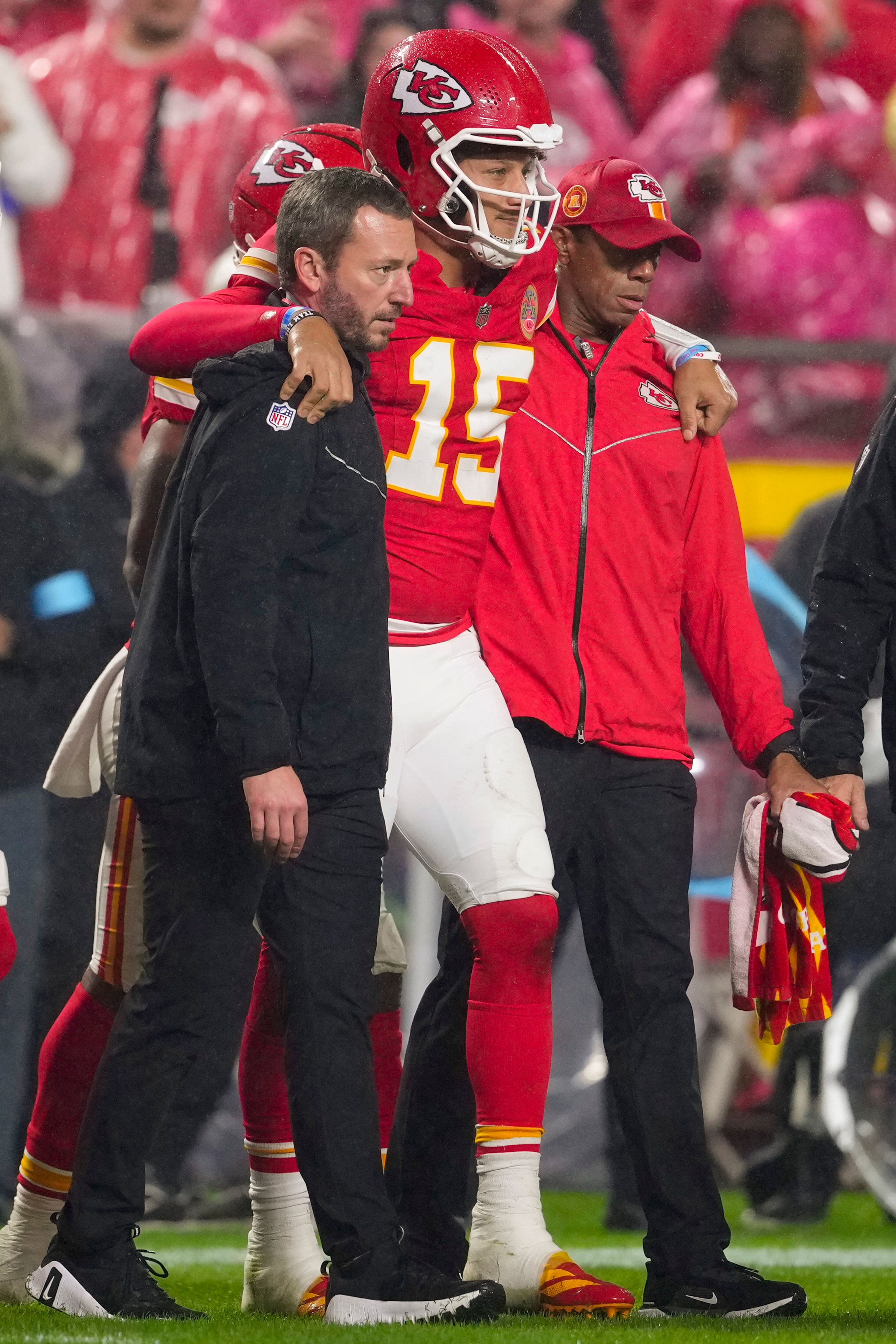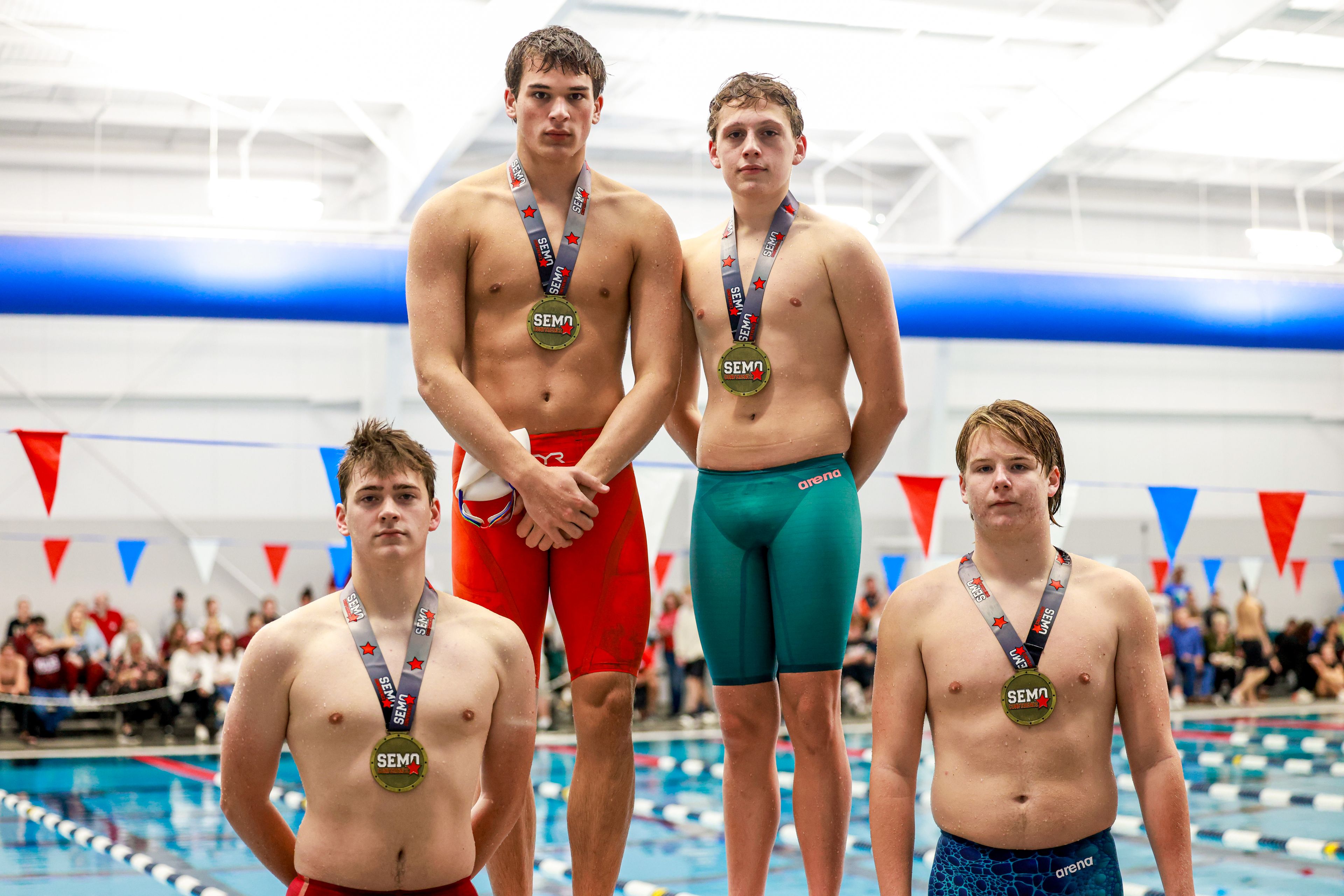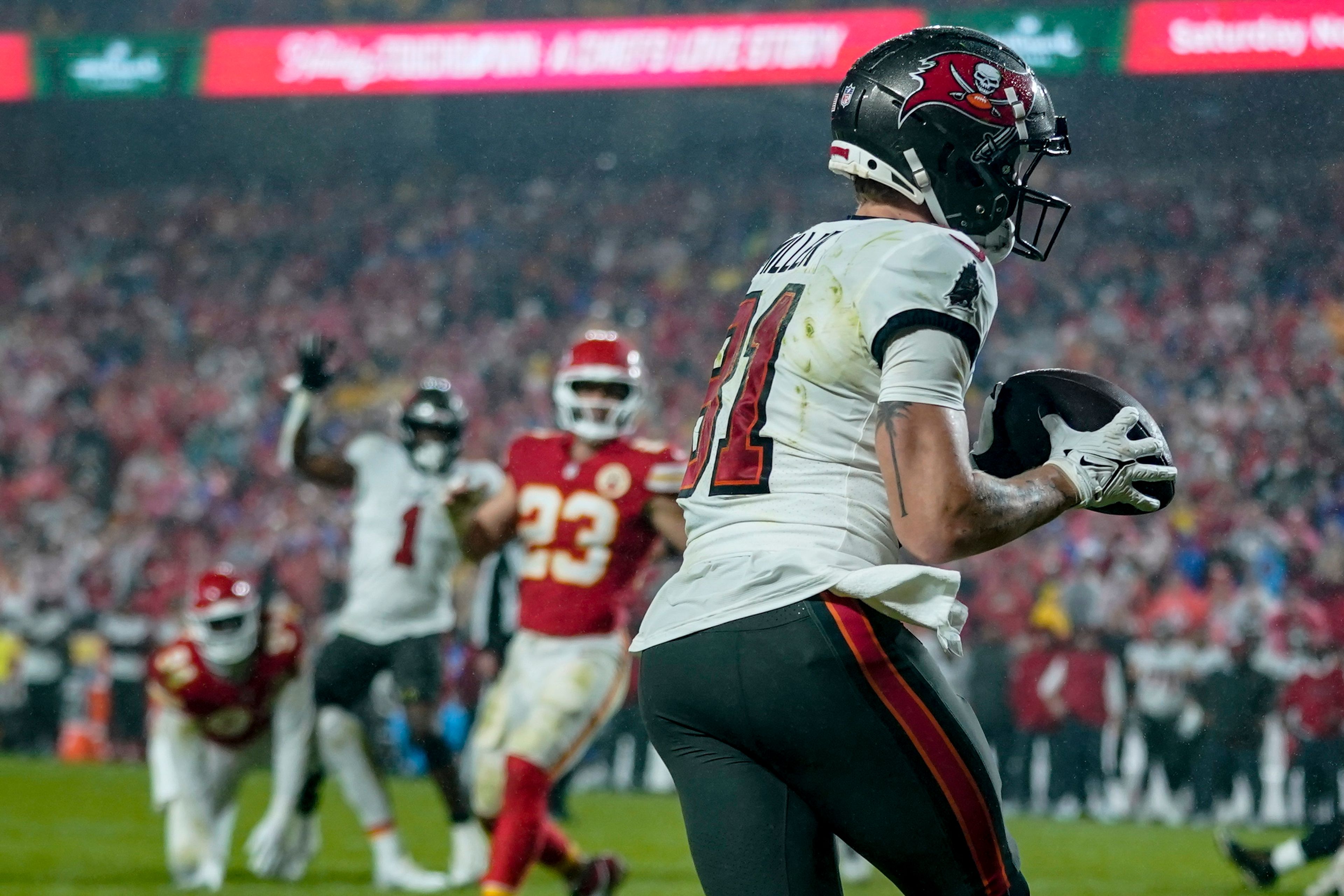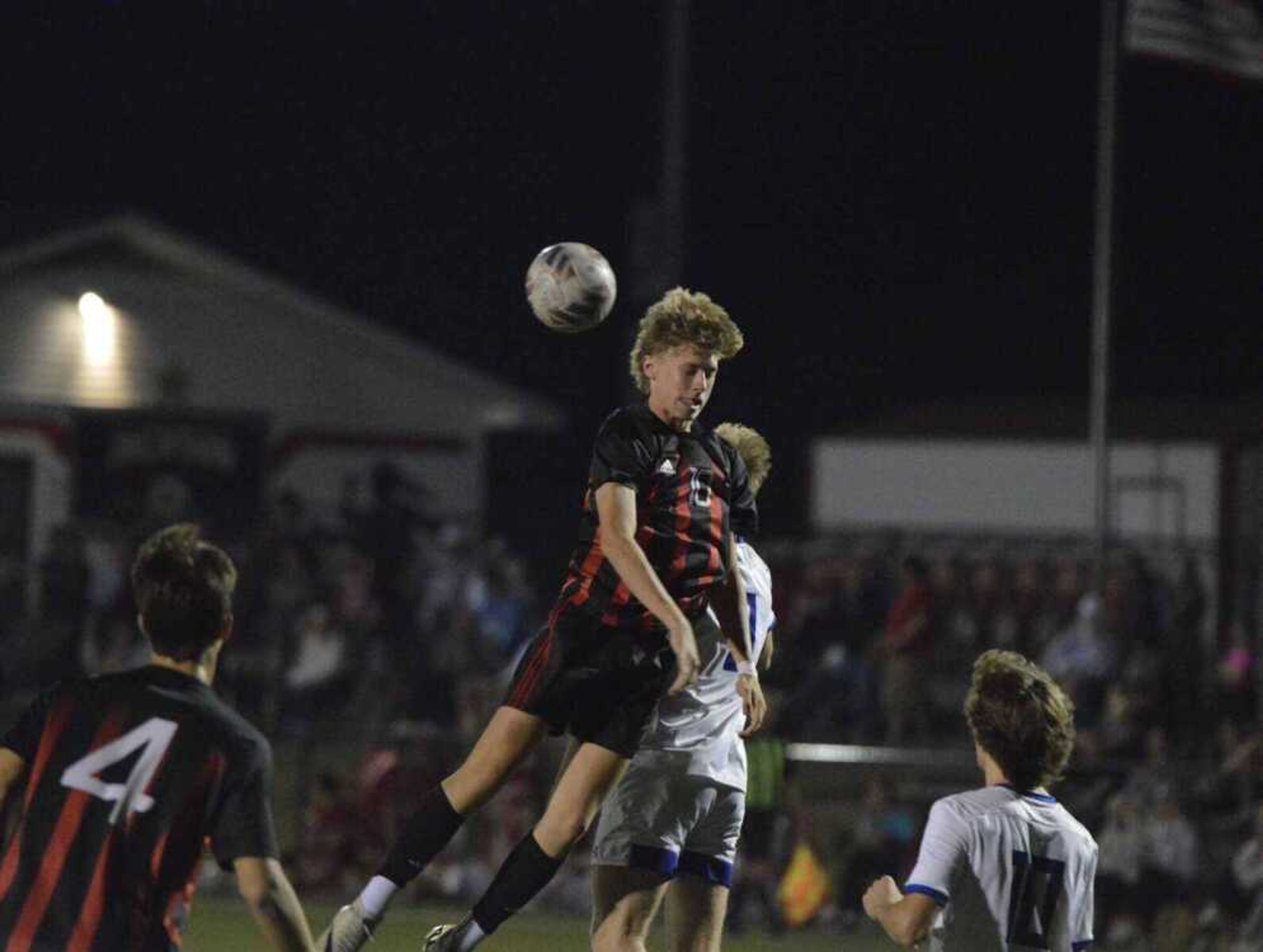Dominicans see baseball as ticket out of poverty and into fame
SANTO DOMINGO, Dominican Republic -- Sitting on a trash-strewn sandlot in a Santo Domingo slum, Guillermo Matos Jr.'s eyes shine when he talks about the major leagues -- and what he would do to get there. "It is the fastest way out of poverty, for me and my family," the young catcher said...
SANTO DOMINGO, Dominican Republic -- Sitting on a trash-strewn sandlot in a Santo Domingo slum, Guillermo Matos Jr.'s eyes shine when he talks about the major leagues -- and what he would do to get there.
"It is the fastest way out of poverty, for me and my family," the young catcher said.
Like thousands of boys in the Dominican Republic, Matos sees baseball as his ticket from a rough existence in this impoverished Caribbean nation to success in the United States. He has considered dropping out of school and tinkering with birth records to alter his real age.
Matos is 14 -- the same age as Danny Almonte turned out to be after investigators looked into his past and found he had been misrepresented as a 12-year-old while playing for a Bronx, N.Y., Little League team this summer.
Almonte was stripped of his perfect game in the Little League World Series, and his team was made to forfeit all its wins -- including its third-place finish in the World Series.
The Dominican government charged Almonte's father with falsifying his birth record, and the founder of the Bronx team, Rolando Paulino, was banned from Little League for life -- all measures that had did little to dim Matos' determination.
"I don't care whether Danny changed his age," Matos said. "He's still my hero. I would do it too if it gets me into the major leagues."
Both boys are part of a culture in which baseball looms so large that countless families plan their lives around the sport.
"As soon as our wives are pregnant, we hope for a boy that will be the next Sammy Sosa," said Hector Pereira, president of the Dominican Baseball Federation.
Diaper dandies
Parents start teaching their children about baseball when they are barely out of diapers and later put them on local teams such as the one Matos plays for.
For kids his age, the next step is to be selected to play in a system of baseball camps that are run by major league teams -- camps that eclipse school and family in importance for some Dominican teen-agers.
"I want to be on TV, to be internationally renowned," said one of Matos' teammates, Jan Carlos Ismael de Leon Cruz, a 12-year-old slugger who is also trying to get picked up by a camp.
Baseball camps
Players must be 16 to enroll in the camps, where about 1,000 teen-agers train and live every season. They are paid an average of $1,500 during the three months they play in the inter-camp league, slightly less that what the average Dominican farmer earns in a year.
After the season is over, the players stay in the camps until the next season, with paid room and board. They leave after a maximum of three years -- or earlier if they are selected to play in the minor leagues in the United States.
More than 1,600 Dominicans play in U.S. professional baseball.
Antonio Payano, manager of the Payano Sports League where Matos plays, said parents, children, coaches and scouts live for baseball, and age altering is only one of the ways to make more money. He said major league teams pay more for a 16-year-old player than an 18-year-old.
"I want to earn millions of dollars," said Joeli Miguel Toridio, a 13-year-old outfielder who plays with Matos.
Players from outside the United States must be at least 16 to sign with a major league team.
The age issues
Rafael Oscar Perez, the official representative of Major League Baseball in the Spanish-speaking country, said age is important when signing a contract. "But that does not mean MLB organizations want them to change their age. They pay for talent," he said.
Because age has become such an issue, Major League Baseball, the Dominican Baseball Commissioner's office and the Dominican Central Electoral Committee -- which discovered Almonte's age -- ratified an agreement in April to ensure the authenticity of birth certificates.
But nothing is foolproof.
The money that can be made in the major leagues can be a distraction from schoolwork in a country where most children stop short of high school.
About 89 percent of the 9 million children in the Dominican Republic reach fifth grade and 29 percent reach high school, according to the United Nations.
Education deficiencies have forced teams that set up camps here -- including the Yankees, Dodgers and White Sox -- to also teach the boys how to read, write -- sometimes even to speak properly. They're even taught social etiquette and table manners.
Matos is confident he'll get to baseball camp and be drafted into the majors. In the meantime, he is going to school from 7 a.m. to 1 p.m. and practicing ball from 2 p.m. to 6 p.m.
"First thing I'm going to do with my money is buy a house, then one for my family," he said, eyes wide with hope.
"And I'll be famous like Manny Ramirez," he said, invoking the name of the Dominican-born power hitter who makes $20 million a year with the Red Sox.
Connect with the Southeast Missourian Newsroom:
For corrections to this story or other insights for the editor, click here. To submit a letter to the editor, click here. To learn about the Southeast Missourian’s AI Policy, click here.
